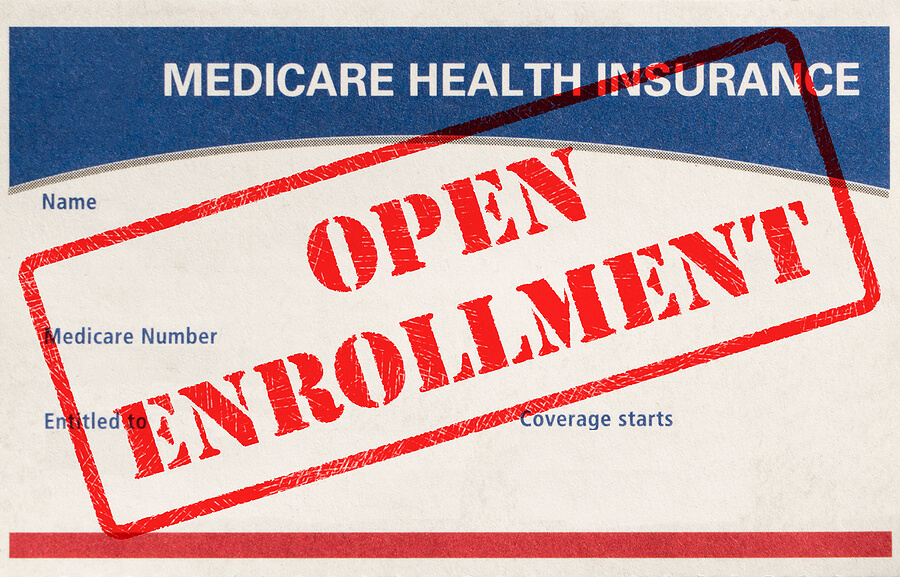I’m happy to learn that the CMS is combatting the misleading ads targeting seniors to switch from traditional Medicare plans to private Medicare Advantage plans. The number of mailers, television ads, robocalls, and emails has exploded – I received more marketing messages about Medicare this year than I did from candidates – and we all know how saturated our airwaves, phones, and mailboxes were with political ads.
Joe Namath and William Shatner should think twice about these ads. Enough said.
What should you know about traditional Medicare versus Medicare Advantage?
From October 15 to December 7, Medicare beneficiaries may change from traditional Medicare to Medicare Advantage or vice versa or switch between Advantage plans. It might be an opportunity to improve coverage, but it’s hard to know what’s best.
A recent article from The New York Times discussed a Kaiser Family Foundation report of a recent literature review comparing Advantage and traditional Medicare that looked at 62 published studies. It revealed that Advantage plans performed better only on a few measures. Beneficiaries were more likely to use preventive services like an annual wellness visit and flu and pneumonia vaccinations.
Traditional Medicare beneficiaries experienced fewer affordability problems if they had supplemental Medigap policies but ran into affordability problems if they lacked Medigap policies. They were also more likely to use high-quality hospitals and nursing homes.
Neither difference has led to significant shifts among programs either way.
A reason for changing Advantage plans is that consumers can compare them to find the best coverage. Few beneficiaries reportedly changed plans, meaning they’re either highly satisfied or making changes is just too complicated. There are 38 Advantage plans this year!
This year, as we do every year, our office offers a free evaluation for Medicare beneficiaries because we know how daunting it can be to find the right plan. Medicare Advantage and traditional Medicare work differently and picking the wrong plan can have significant and lasting health and financial consequences.
Advantage plans are simpler. They include prescription drug plans; you don’t need a separate supplemental policy. These plans might seem cheaper as many have low or no monthly premiums, but you must still pay the Medicare Part B premiums. There is a cap on out-of-pocket expenses beginning in 2023, and beneficiaries will pay no more than $8,300 in in-network expenses, excluding drugs, or $12,450 if your plan allows the use of out-of-network providers.
Only a third of Advantage plans allow this option. Most plans allow only the use of in-network providers.
Advantage plans offer vision, dental, and hearing, and some offer gym memberships or transportation. But you must look at benefits, consider if your providers are in the plan, and read the fine print. A plan offering dental coverage, but the coverage is only one cleaning a year, doesn’t do you much good if you need extensive dental care.
The one major advantage of traditional Medicare; there are no network restrictions. You can see any doctor or provider that accepts Medicare and use any hospital or clinic. Medicare also avoids the delays and frustration of requiring “prior authorization,” which most, if not all, Advantage plans require.
You can appeal a denial or pay out-of-pocket. Still, only 1% of beneficiaries do, according to a 2018 report from the Department of Health and Human Services Office of Inspector General. It might indicate many Advantage Medicare beneficiaries are going without care or paying out-of-pocket costs themselves.
Something to consider; another report from the DOHHS Office of Inspector General found that traditional Medicare would approve 13% of services denied by Advantage plans.
Traditional Medicare sets no cap on out-of-pocket expenses, so the 20% co-pay can add up quickly for hospitalizations or expensive tests and procedures. Most beneficiaries rely on Medigap policies to cover those costs. They either buy a policy or have supplementary coverage through an employer or Medicaid.
Your best bet: call our office for a free Medicare evaluation, use Medicare’s website or its toll-free number – 1-800-MEDICARE, or contact the State Health Insurance Assistance Program, a federally funded program with volunteers that help assess Medicare drug plans.
Our recommendation: don’t wait. December 7 will be here before you know it.
Reference: New York Times “Medicare Advantage or Just Medicare?”

